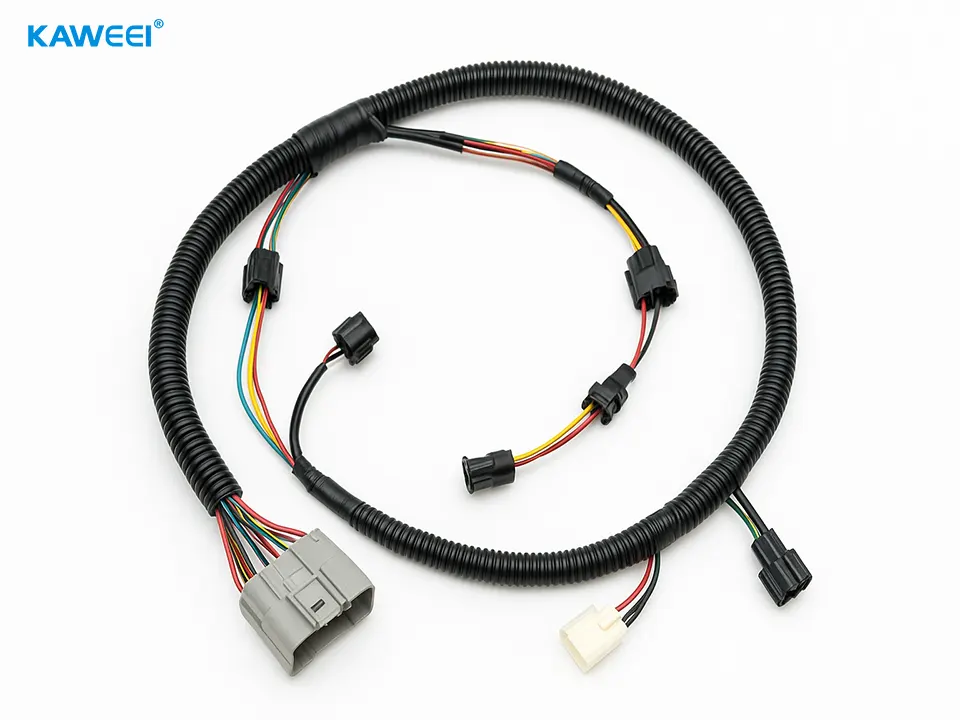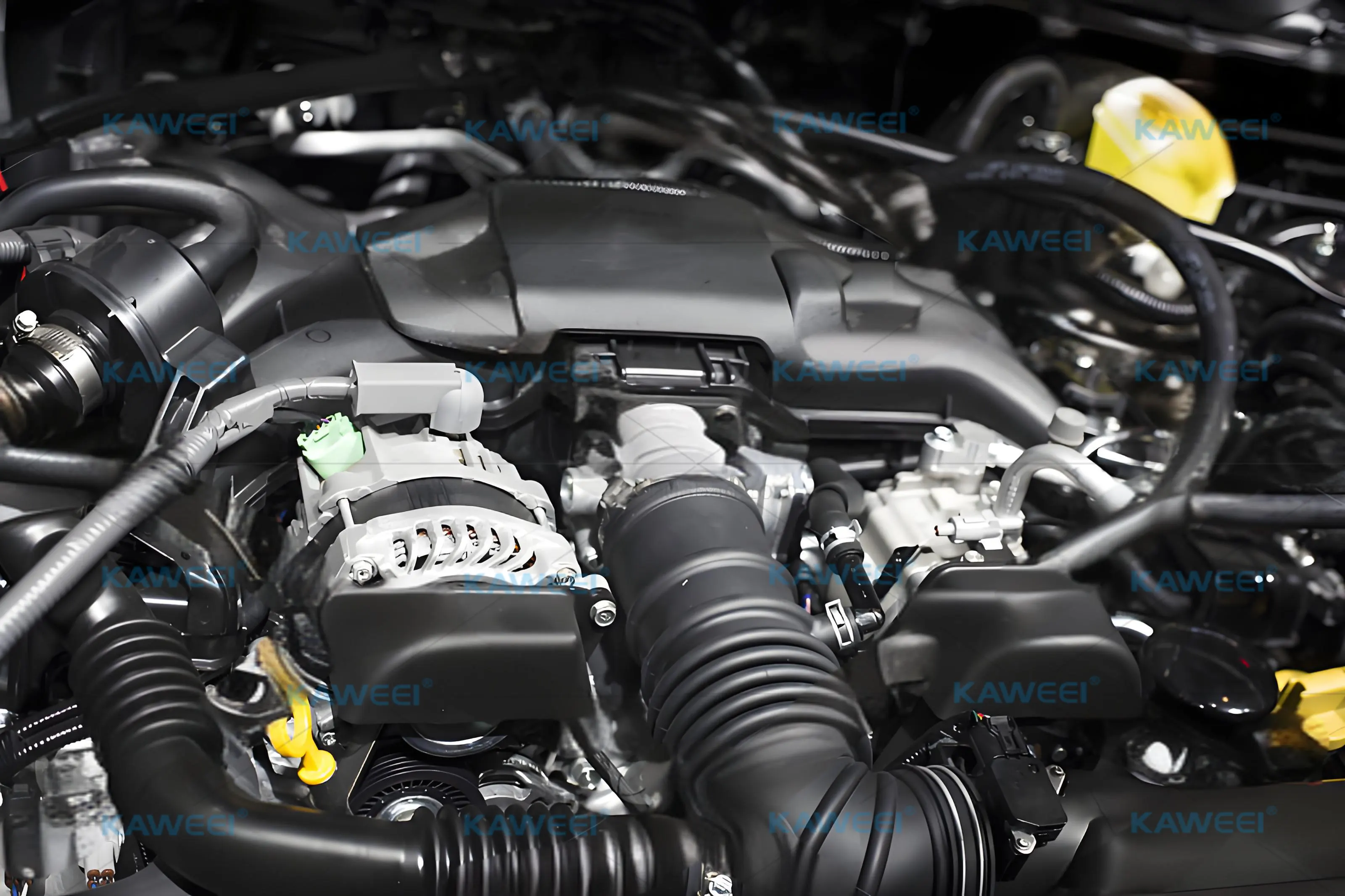The Significance and Features of Automotive Wire Harnesses
What Is an Automotive Wire Harness?
An automotive wire harness is the complete wiring system that connects and controls all electronic devices inside a vehicle.

It acts as the “nervous system” of the car, responsible for transmitting electrical power and signals safely and efficiently.
Without a reliable automotive wire harness, modern vehicles could not achieve stability, intelligence, or safety.
Why Automotive Wire Harnesses Are Essential
Stable Power and Signal Transmission
A high-quality automotive wire harness ensures precise and reliable transfer of electricity and data. This stability prevents interference, signal loss, and system failures, keeping the vehicle running smoothly.
Driving Automotive Intelligence
The automotive wire harness is the backbone for advanced features such as intelligent driving systems, vehicle networking, and in-car infotainment. It is the key infrastructure behind the evolution of smart vehicles.
Safety and Long-Term Reliability
A well-designed automotive wire harness prevents short circuits, overloads, and electrical failures. It safeguards the car’s electrical system and ensures long-term durability.

Key Features of Automotive Wire Harnesses
1. Flexibility and Durability
- Built with multi-strand copper wires wrapped in protective insulation, an automotive wire harness can withstand constant vibration and bending.
- Compared with household wiring, automotive wire harnesses are more flexible and suitable for complex vehicle layouts.
2. Standardized Manufacturing Processes
- Automotive wire harness manufacturing follows TS16949 international quality standards or the independent process controls of Japanese automakers.
- This ensures consistent quality and reliable performance across different vehicle models.
3. Complexity and Intelligent Trends
- As vehicles integrate more functions, automotive wire harnesses become heavier and more complex.
- With CAN bus and multiplexing technology, wiring can be reduced, weight lowered, and efficiency improved, without sacrificing performance.
4. Diverse Specifications
- Wire sizes range from 0.5 mm² to over 10 mm², meeting different load requirements from lighting to power distribution.
- Main power cables are routed separately to minimize interference and improve safety.
5. Systematic Design
- In addition to schematics, automotive wire harness engineers create wire harness layout diagrams.
- These diagrams show the actual routing and physical connections, ensuring proper installation, space management, and maintenance.
Future Trends in Automotive Wire Harness Technology
- Lightweighting: Using aluminum wires and new alloy materials to reduce vehicle weight and improve efficiency.
- Modular Design: Automotive wire harnesses will increasingly adopt modular structures for faster assembly and easier replacement.
- Smart Diagnostics: Integrating sensors that monitor performance in real time, enabling predictive maintenance.
- EV and Autonomous Adaptation: Electric vehicles and autonomous cars require wire harnesses capable of handling higher voltages, stronger insulation, and more complex data transmission.
Kaweei – Your Reliable Automotive Wire Harness Manufacturer
Kaweei is a certified automotive wire harness manufacturer with years of expertise in design and production. We provide custom automotive wire harness solutions tailored to meet diverse requirements—from standard applications to complex, specialized designs.
With strict quality control and multiple industry certifications, Kaweei ensures durability, safety, and performance in every product. Whether you are developing traditional vehicles, electric cars, or autonomous driving platforms, we can deliver wire harnesses that meet your exact needs.
If you are looking for a trusted partner in automotive wire harness manufacturing, feel free to contact Kaweei today. We are ready to support your projects with reliable products and professional service.







